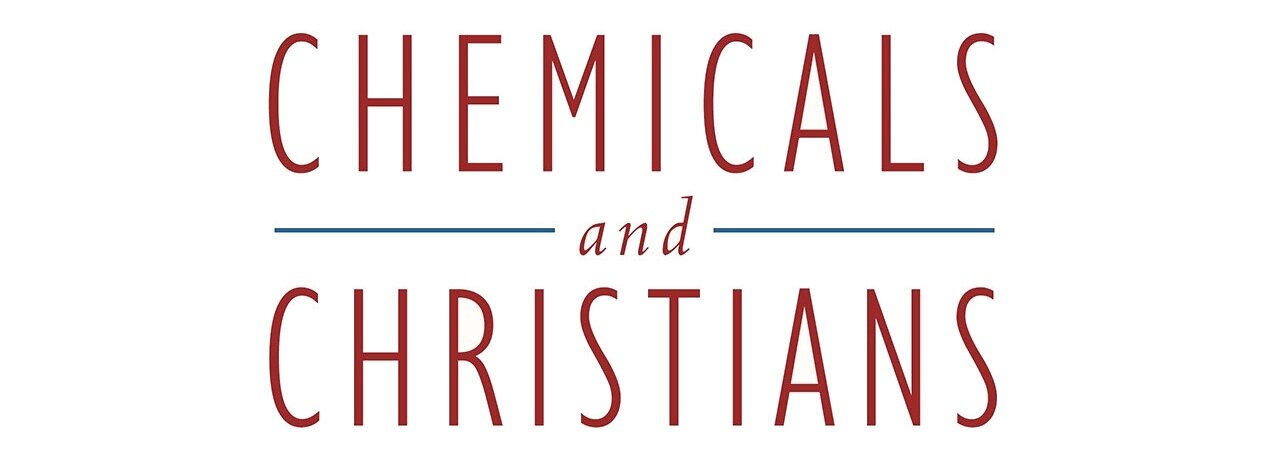There are many reasons that the issue of chemical toxicity tends not to be taken very seriously by most people. Perhaps the most natural and common reason is that the issue doesn't feel personal. People don't associate their health symptoms with chemical exposures and generally assume they're handling everyday toxins just fine.
Yes, there are certainly biological differences in the way people's bodies process chemicals, and some people do have stronger detoxification systems than others. I truly believe, however, that everyone alive today is being affected by chemicals in the everyday environment to one degree or another. We're also evidently affecting the next couple of generations as well.
Chemicals can impact the human body in a number of different ways. They can directly affect organs and systems, they can mutate genes, or they can change the way genes express themselves. The latter are known as epigenetic changes and, like mutations, can be passed on to future generations.
A recent article entitled How Your Great Grandmother’s Chemical Exposures May Affect You discussed a study in which exposure to common chemicals was associated with ovarian diseases that lasted for three generations. We've long known that when a pregnant mother is exposed to certain chemicals that her child may be affected. It's becoming increasingly clear, however, that an exposure may not only affect her child, but her future grandchildren, and even their children as well. (There is also a growing awareness that a father's exposure to chemicals before a child is conceived can have significant implications. A World Health Organization publication, for instance, notes that "exposure of either father or mother to pesticides before conception . . . has been associated with an increased risk of fetal death, spontaneous abortion and early childhood cancer.")
An article entitled Epigenetics: Chemicals Turn Genes On and Off at the Wrong Times notes that epigenetic changes have been linked to a wide range of diseases and conditions, including heart disease, diabetes, obesity, breast cancer, Alzheimer's disease, prostate cancer, Parkinson's disease, learning disabilities and asthma. This is serious business. It's easy for those of us past childbearing age to think the issue isn't relevant for us, but the truth is that our product choices affect others.. The personal care products we choose and the cleaning supplies, bug sprays and other products we use in our homes and churches may cause significant harm to the people around us and to individuals yet unborn. We are interconnected. Our product choices matter.


